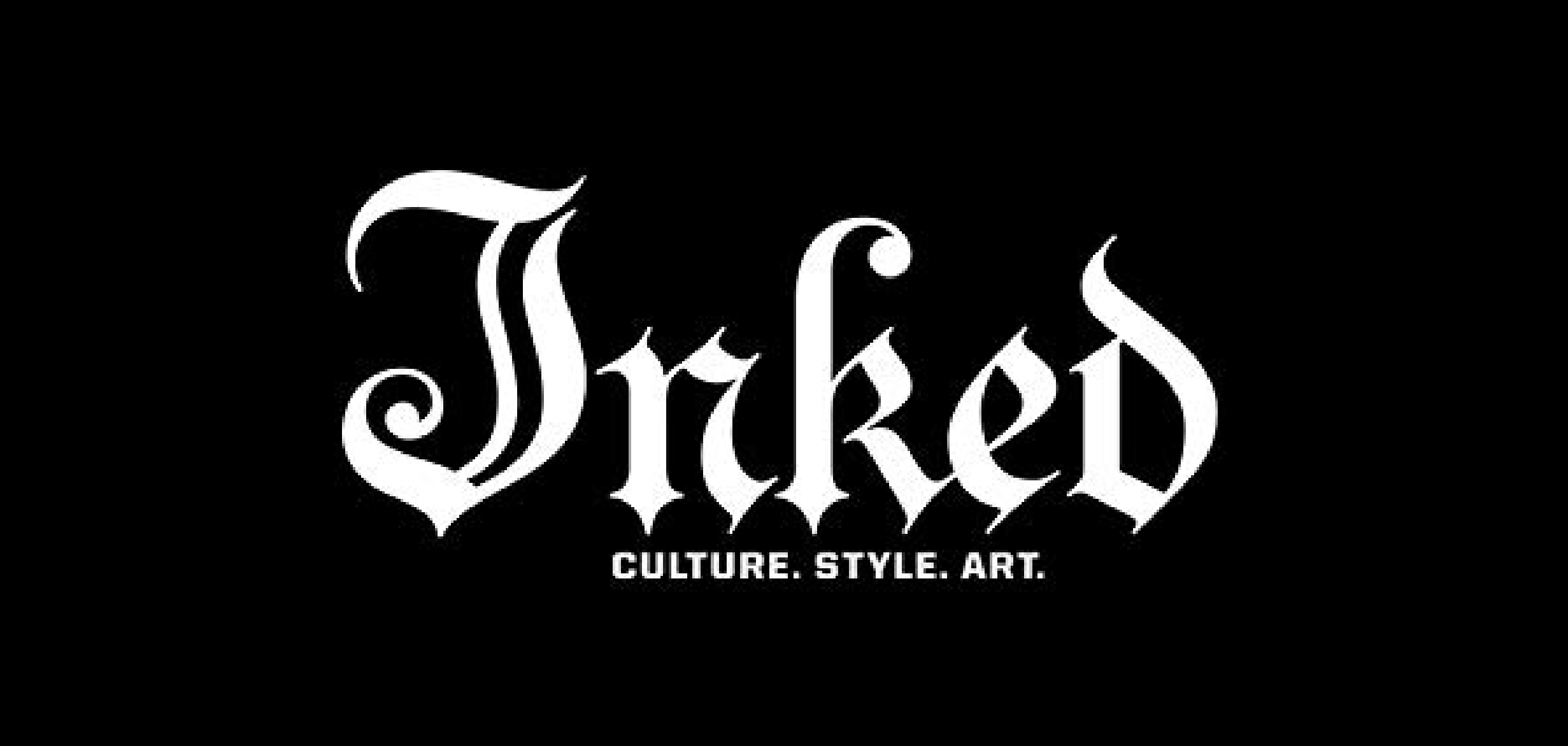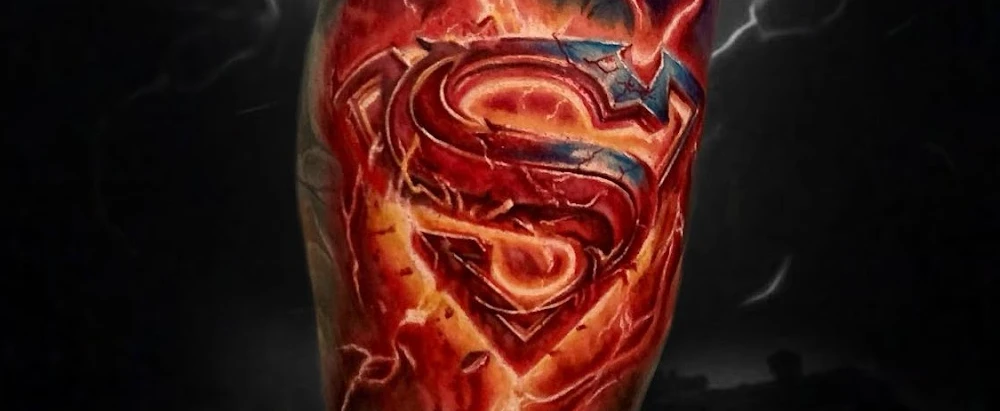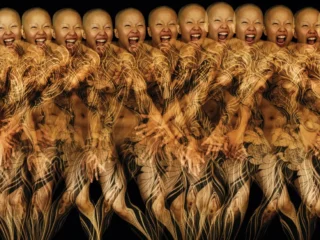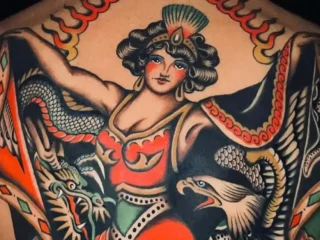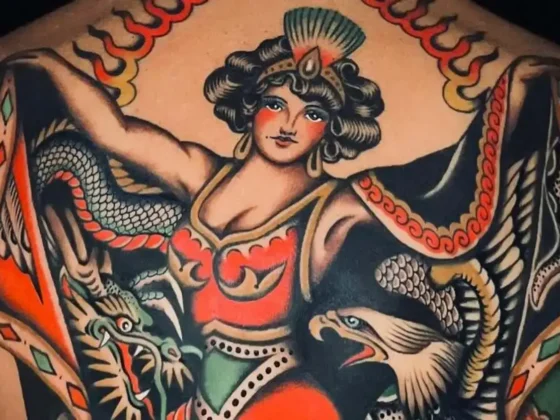Inked Mag Staff
November 14th, 2013
The Many Sides of the Swastika
A coalition of tattoo shops around the world offered free swastika tattoos on Wednesday in an effort to restore the original meaning of the symbol and take back the symbol from the negative connotations it earned by being adopted by the Nazis.
Would you ever get a swastika tattoo?
In the last 70 years the symbol has been associated with the unthinkable destruction Adolf Hitler and the Nazis inflicted upon the world, long forgotten are the thousands of years that the swastika served as a symbol of love and good luck.
A coalition of tattoo shops around the world offered free swastika tattoos on Wednesday in an effort to restore the original meaning of the symbol and take back the symbol from the negative connotations it earned by being adopted by the Nazis.
Peter Madsen of Meatshop Tattoo in Copenhagen, Denmark, launched the “Learn to Love the Swastika” campaign to mark the anniversary of the death of Canadian poet and artist ManWoman. ManWoman worked diligently to restore the meaning of the swastika throughout his life; he covered his body with tattoos of the symbol and wrote a book called Gentle Swastika, Reclaiming the Innocence.
“We are a large group of people from all over the world who are dedicated to restoring the swastika to its former glory as a symbol of love, light and good luck,” Madsen said on a Facebook page dedicated to the event. “The important thing is that you offer to do free swastika tattoos and/or mods at no charge (including the materials) and use this opportunity to educate people about the origins and true meaning of the swastika.”
Since World War II most people in the west immediately tie the swastika to Adolf Hitler and Germany’s Nazi Party and view the symbol as a sign of racial intolerance and hatred. The swastika has been outlawed in many European countries that have strict laws against any form of hate speech.
What has been forgotten over the years is that prior to the Nazis adopting the symbol in the 1920’s it had a centuries long history as a symbol representing good fortune for cultures all over the globe — most notably in Jainism, Hinduism and Buddhism.
In Hinduism the swastika is often associated with the elephant-headed deity Ganesha. Buddhists use the swastika as a representation of eternity. In ancient Greece the symbol was often tattooed on priestesses and symbolized the four corners of the world. The swastika was even used as a symbol by Native American tribes including the Navajo and the Hopi.
An argument can be made that the swastika’s association with the Nazis and the tens of millions of lives that were lost during World War II has tarnished the symbol forever. Before the symbol is forever abandoned Madsen and others would like the full history of the swastika to be known.
Editor's Picks
Bridging Classical Art and Modern Tattooing
Esteban Rodriguez brings the discipline of classical fine art to the living canvas of skin, creating hyper-realistic tattoos that merge technical mastery with emotional depth.
Show Your Ink Fashions Brings Custom Style to Tattoo Culture
Show Your Ink Fashions creates custom shirts designed to showcase your tattoos as wearable art, blending fashion with personal expression.
The Ultimate “Superman” Tattoo Roundup: Just in Time for Superman’s Return to Screens
With Superman’s big return to theaters, fans are revisiting some of the most iconic ink inspired by the Man of Steel.

